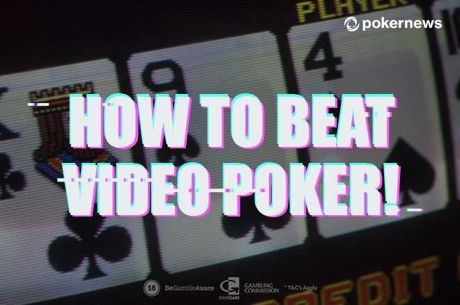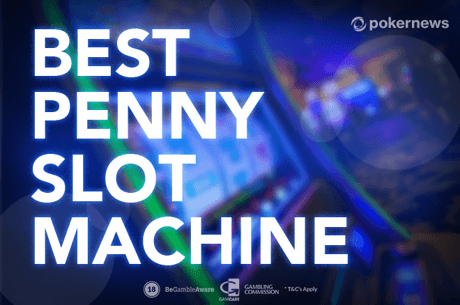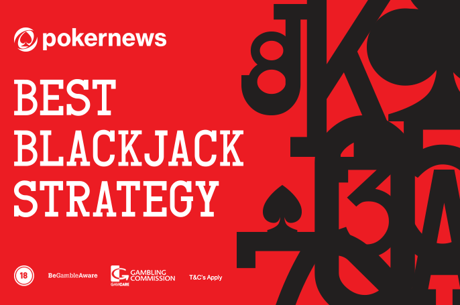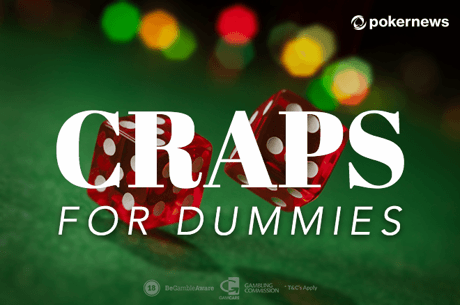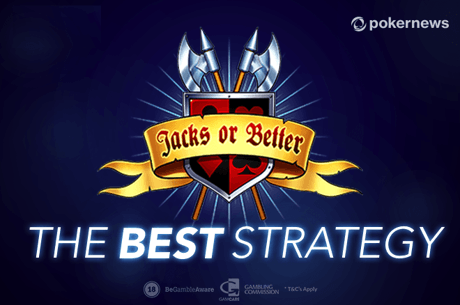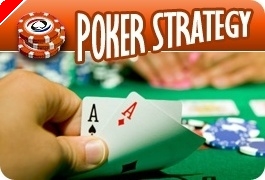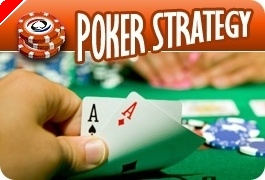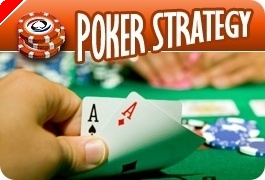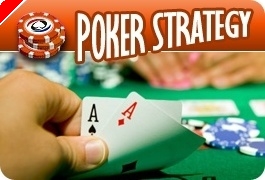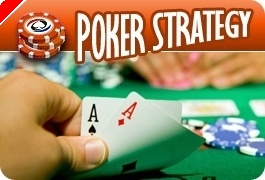Stud Poker Strategy: Flush in Five
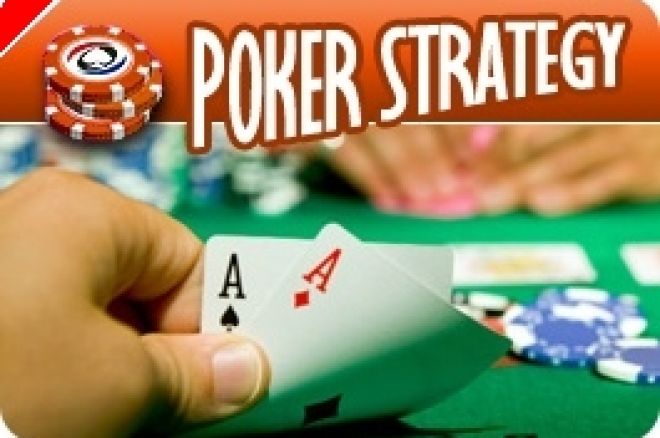
Here's a close call in stud at the poker table that you've probably faced many times. It's the kind of difficult decision you should be lucky enough to frequently make.
You are dealt three cards of the same suit, the exposed one an ace. One or two of your suit are exposed elsewhere. One player, showing a high card, raises the bring-in and one or two other players call. You call too, looking for the flush. On fourth street, sure enough, you get your fourth suited card. You play your flush draw conventionally, checking and then calling the initial bettor. The other players fold. It's heads up going into fifth street.
On fifth street you get the fifth suited card, giving you a flush. Your opponent does not show a pair. He just has his premium card from third street. You are still high on board with your ace. No other aces have been played. You suspect your opponent has a premium pair – perhaps two pair.
Here's the question. Do you bet your flush or check it?
Each action has its merits. You have an unusually strong hand on fifth street – an ace-high flush against a probable pair. You're certainly in the lead and likely to stay there throughout the hand. You clearly would like your opponent to call you on fifth street and thereafter. A check might induce your opponent to continue to bet and to lull him into thinking, incorrectly, that you don't yet have a flush. Your bet on fifth street might convince your opponent that you caught a flush. He would then probably fold, depriving you of money on sixth street and the river. So perhaps a check is best.
On the other hand, your check might be followed by his check, causing you to lose a bet. And it might look suspicious – especially to a good opponent who might expect you to bet an exposed three-flush on fifth street whether or not you made a flush. He might check behind your bet and then fold on sixth street when you bet, convinced that you caught your flush.
What to do?
Here's my general rule of thumb. It's a bit counter-intuitive.
If I am against a particularly tight player, I will most likely bet the hand. If I am against a moderately loose player, especially a good player who tends to play a lot of hands on third street, I will often check the hand. Again, this is a rule of thumb. Other factors may come into play – that I'll touch on briefly – but this is what I generally do.
That seems counter-intuitive, no? You'd think that I'd check against the very tight player. He's looking for an excuse to fold – so I'd be inclined to check to keep him in the hand, no?
In fact, however, very tight players are more inclined, in general, to stay in a hand once they reach fifth street. They play so few hands that they are loathe to back out of them once they have committed themselves to the pot. This is a flaw, to be sure – and one that is best exploited with aggression, not passivity on your part.
The moderately loose player, on the other hand, is in many hands on third street. He may well be the better player, looking to exploit his superior skill on later streets by playing more hands early on than the super-tight player. He may not have as much invested in winning any particular hand he plays – since he plays many more hands. Each hand makes up a much smaller percentage of his play. Thus, ironically, the moderately loose player, unlike the super-tight player, may be tighter later in the hand – when he is in the habit of reassessing where he stands and how he will play or not play a hand.
There are a few other factors that can influence my decision. If there have been a few extra players in the hand on third or fourth street I'm more inclined to bet my hand – since I don't mind knocking them all out on fifth street. And I'm less likely to knock them all out of the hand because the larger size of the pot, caused by the larger number of people in the hand, will be more likely to entice them to call. And I don't mind knocking them all out as much as if the hand were heads-up for two reasons: First, I'm winning more money than I would in a heads-up pot; Second, if there are more players against me on fifth, I'm less likely to win if they all chase me to the river. With four or more players in the hand on fifth street, for example, I'm surely betting my flush on fifth street. If it's been heads-up since fourth street then I'm very likely to check if I'm in the lead, or just calling if my opponent is high on board and betting.
Similarly, if my opponent's cards are all completely live and if he has an exposed pair I'm much more likely to bet – since I figure he may well try and draw his full house against my potential flush. He may contrast the possibility that I don't have my flush with the 6-to-1 shot of making his full house by the river and conclude that it makes sense for him to draw for it (generally, it doesn't make sense unless he is at least fairly certain that I'm bluffing).
Finally, if I have been winning unconceded pots lately – especially a couple or more in a row, I will be more likely to bet the hand – since I may be giving off the impression that I am 'playing a rush' and trying to bully my way to victory without 'the goods'. The more my image is that of a wild, loose, and overly aggressive player the more likely I will be to bet and the less likely I'll be to check the hand.
Image surely isn't everything in poker. But when it comes to deciding how I come down on a close call like this, the combination of my image in my opponent's mind and his image in my mind will often be the deciding factor.

